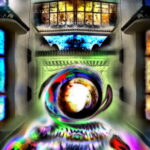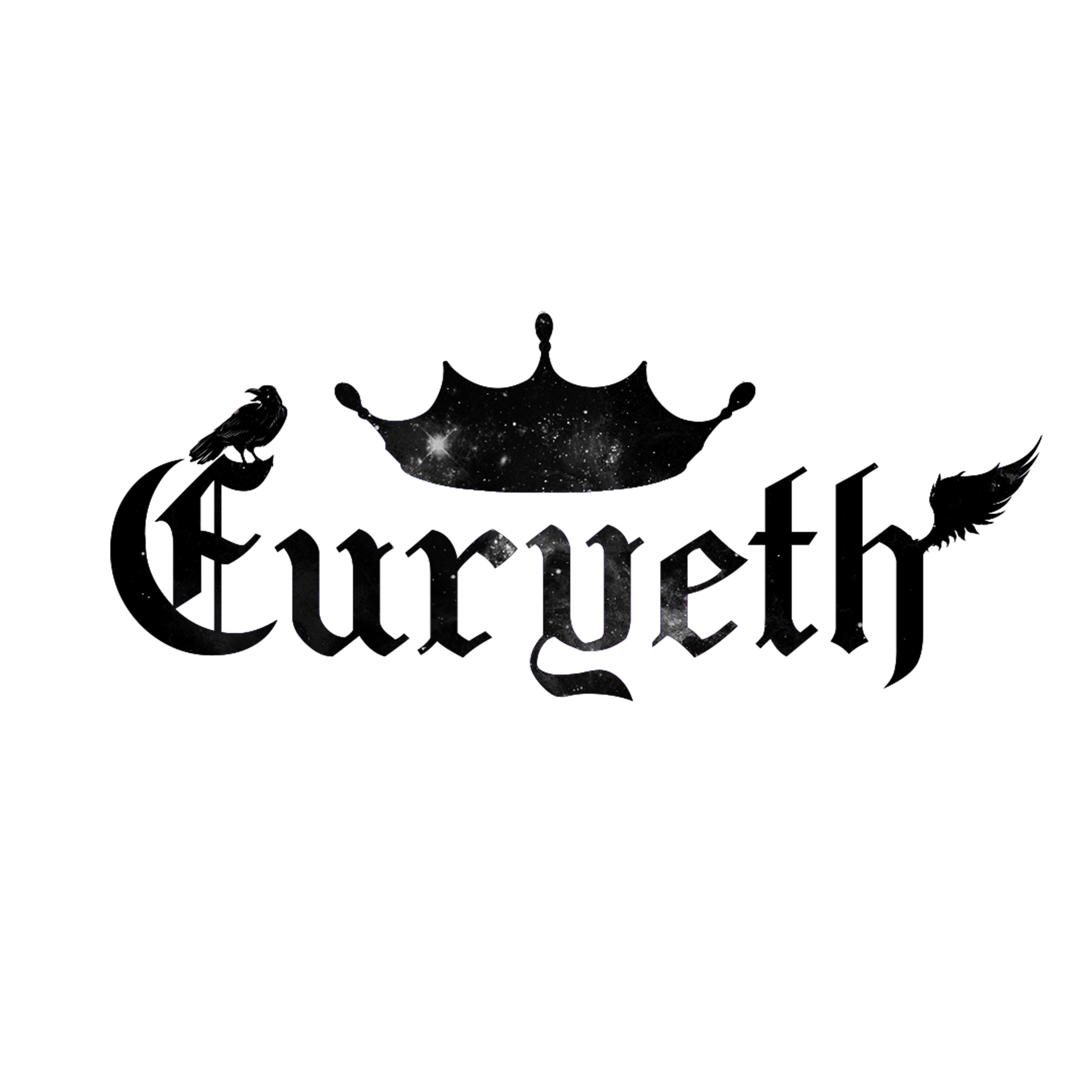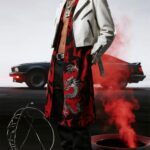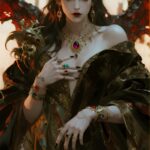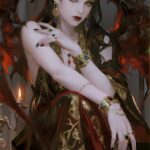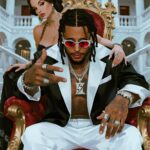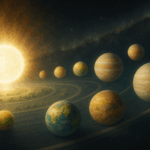-
Chapter Nine: The Convergence of Shadows
The Ariphes trembled as the forces of light and darkness prepared to converge. The currents of power, both seen and unseen, weaved intricate patterns across the realms, hinting at the inevitable clash that would shape the fate of all. Zarak, ever the harbinger of chaos, moved with purpose through the halls of influence, where politics, religion, and philosophy intertwined like a serpent coiled around its prey.
In the shadowed recesses of this parallel Ariphes, Zarak gathered with the greatest minds of history, men and women who had shaped the very course of civilization. They were not merely figures of power; they were architects of the human condition, whose words had sparked revolutions, whose actions had forged empires. Yet, in the presence of Zarak, their greatness seemed diminished, as if overshadowed by the malevolent force that radiated from him.
Before him sat Niccolò Machiavelli, the master of statecraft; Thomas Hobbes, the prophet of man’s brutish nature; and Sun Tzu, the silent strategist whose every move spoke of war’s art. Their conversations, dark and layered with meaning, reflected the depths to which power could sink.
“Power,” Machiavelli mused, his voice a whisper in the dark, “is not merely a tool, but the very essence of control. It is the lifeblood of civilization, the force that drives men to greatness and despair alike.”
Hobbes, with his grim demeanor, added, “In the state of nature, life is solitary, poor, nasty, brutish, and short. Civilization is born from the need for order, for a power that can impose the will of the many upon the few, or vice versa.”
Sun Tzu remained silent, his eyes reflecting the countless battles he had never fought but had won through strategy alone. Zarak’s presence, however, seemed to stir something within him—a recognition of the darker truths behind his teachings.
“And what of religion?” Zarak asked, his voice smooth and dangerous, as if testing the limits of their resolve. “What role does it play in the architecture of power?”
Hobbes answered without hesitation. “Religion is the opiate of the masses, as Marx would say, a means of control, a justification for the rule of kings and tyrants alike. It is both a balm for the oppressed and a weapon for the oppressor.”
Machiavelli nodded in agreement. “Religion serves the state, not the other way around. It is the foundation upon which power is built, a means of uniting the people under a common cause, often at the expense of truth.”
Sun Tzu’s silence broke at last. “Religion, like war, is a strategy—a way to guide the hearts and minds of men. It is neither good nor evil, but a tool, one that can be used to create or destroy.”
Zarak’s smile deepened. “Indeed. And what of philosophy? What place does it hold in this grand design?”
The shadows shifted as another figure stepped forward—Plato, whose eyes glowed with the light of idealism. “Philosophy is the pursuit of truth, the search for the highest good. It stands in opposition to the base desires of power and control.”
“Yet philosophy is not immune to corruption,” Zarak countered, his tone sharp. “Even the purest of ideals can be twisted to serve darker ends.”
Aristotle, who had appeared alongside his mentor, added, “Philosophy must be practical, grounded in the reality of human nature. It cannot exist in isolation from the world it seeks to understand.”
Zarak’s gaze flickered between them, his mind alight with the possibilities. “Philosophy, politics, religion—all tools of control, of manipulation. And yet, each is vulnerable to the same forces of ambition and desire.”
Meanwhile, in the brighter Ariphes, Euryeth wandered through a realm where the same figures—now illuminated by a softer, purer light—spoke with a different tone. Their reflections were not dark, but neither were they entirely clear. They were tinged with the imperfections of human nature, yet driven by a higher purpose.
Here, Euryeth encountered the reflections of these same minds, now unburdened by the shadows of their darker thoughts. Plato spoke of the Forms, of the ideal world beyond this one. Aristotle emphasized the balance between theory and practice. Machiavelli, though still pragmatic, spoke of the potential for power to be used for the greater good. Hobbes discussed the need for a social contract that could uplift rather than oppress, and Sun Tzu spoke of war as a path to peace rather than destruction.
Euryeth listened, his mind absorbing the wisdom of these reflections. He recognized the duality of their nature, the light and darkness that coexisted within them, just as they did within himself and Zarak. He saw how politics, religion, and philosophy were not merely tools, but paths that could lead to both enlightenment and ruin.
In this brighter realm, Euryeth also sensed the presence of Mirak, his mysterious ally, who watched from the periphery, his wings hidden beneath a cloak of light. Mirak’s eyes held the secrets of the heavens, the knowledge of a higher truth that transcended even the wisdom of these great minds.
The conversations in both realms continued, each reflecting the other in a twisted dance of light and shadow. As Euryeth pondered the nature of love, the reflections in the brighter realm spoke of its power to unite and heal, while in the darker realm, Zarak’s philosophers debated its capacity to destroy and control.
The Ariphes pulsed with the tension of these dualities, the balance between creation and destruction, love and power, light and darkness. Euryeth knew that the time was drawing near when he would face Zarak—not as an enemy, but as a reflection of himself. The confrontation would not be one of simple victory or defeat, but of understanding, of reconciling the dualities that defined them both.
But for now, the Ariphes remained divided, the lines between realms blurred yet distinct. The stage was set, the players ready, as the final act of this cosmic drama approached, bringing with it the promise of both revelation and ruin.
About Me
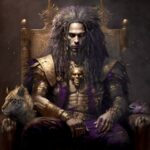
Euryeth
Artist
Omar Alami Known As Euryeth, Artist and Digital Marketer, Writer, Tactician, Musician … I Think The Abilities Of People Transcend Definitions in Words and Labels Among Other Things, I Do Have a Purpose and I Do Have A Goal and A Plan, And I Will Do My Ultimate Best In Achieving It While Being a Lotus of Wealth and Knowledge in Order To Shape a Better Future, To Have Value and To Be Able To Actually Help In Materialistic Verse and In The Virtual and Spiritual and Emotional …
Media
Photos
Videos
Audios
Files
Recent Posts
